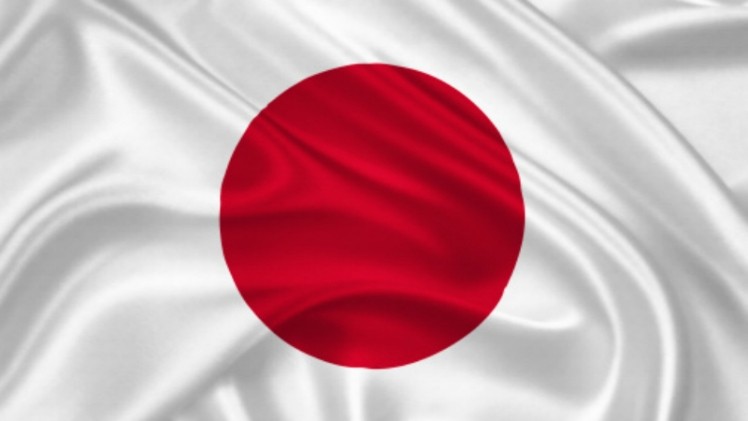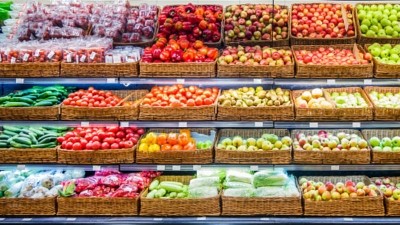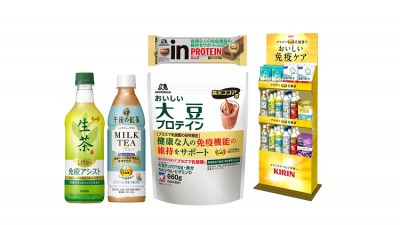Japan Focus: Food export promotion to UK, GM food labelling rules, new Meiji functional dairy drink and more feature in our round-up

Promotion drive: Japan gears up for marketing campaign to promote food products in UK
Japanese food firms in regions affected by the Fukushima nuclear disaster will be ‘greatly encouraged’ by the UK’s abolition of all import restrictions, with trade officials now preparing a significant marketing push to promote food and beverage sales.
The Scottish, English and Welsh parliaments all passed legislation late last month to remove all import restrictions on food and beverage products coming in from Japanese regions that had been affected by the Fukushima Daiichi Nuclear Power Station accident in 2011.
The development comes about six months after it was reported that the UK Food Standards Agency (FSA) had published a risk assessment report on radiological risk to human health if restrictions were removed, which had results very positive in favour of Japan.
Japan GM foods update: Tighter labelling regulations issued for products with genetically modified components
Japan has updated its food labelling regulations for foods with genetically modified components, and will enact a national ‘non-GM’ labelling system update in 2023.
The Japanese government has had a tumultuous love-hate relationship with GM foods for a number of years, with some departments believing these require stronger labelling management. Others, meanwhile, have been working to provide proof that GM crops are of no danger to the local ecosystem or food safety, and can provide a much-needed boost to the local food supply.
Earlier this year, the local Consumer Affairs Agency (CAA) published documentation announcing that nine major agricultural products are now subject to mandatory GM labelling (up from the previous eight), as are processed foods that use these as ingredients.
Doorstep delivery: Meiji launches latest FFC containing GABA via home-delivery only
Meiji is launching its latest Food with Function Claims (FFC) milk beverage via home-delivery only, amid increased market competition in Japan.
Known as Meiji 5-Star Custom, the dairy beverage makes five functional claims relating to 1) relief of stress and tension, 2) support blood pressure, 3) improve memory, 4) suppress triglyceride, and 5) suppress rise in blood sugar level.
It contains indigestible dextrin as a source of dietary fiber and GABA – the most-used ingredient in FFCs in the last two years.
“Indigestible dextrin has been reported to have a function to moderate the rise in blood glucose level and triglyceride after meals. GABA has the function of lowering blood pressure in people with high blood pressure, relieving temporary mental stress caused by work and study,” the company said.
Potential for sarcopenia? Mitsubishi-funded trial shows NMN intake improves motor function in older men
A 12-week RCT funded by Mitsubishi Corporation Life Sciences has shown that nicotinamide mononucleotide (NMN) intake has significantly improved certain aspects of muscle mobility, especially gait speed and left grip strength – which the company says presents a “potential therapeutic strategy for sarcopenia”.
This is the third human clinical trial finding that the Japanese company has published in this year.
The latest findings were published in the scientific journal Aging, with the trial conducted by researchers from The University of Tokyo, The University of Tokyo Hospital, University of Toyama, Toranomon Hospital, and Mitsubishi Corporation Life Sciences. The study was conducted between July and November 2019.
Impossible Foods to reveal the ingredients for sustained plant-based success in APAC – Growth Asia Summit
The industry exec who has overseen Impossible Foods’ expansion across Singapore and the UAE will be shining the spotlight on the ingredients for sustained plant-based success in APAC at our forthcoming Growth Asia Summit in Singapore.
The three day event will take place at the iconic Marina Bay Sands venue from 11-13 October.
It will feature extensive expert insights from a raft of big-name brands, leading academics, policy experts, and the most innovative suppliers, all focusing on the region with biggest growth potential for food, beverage, supplements, functional products and nutrition – Asia.















